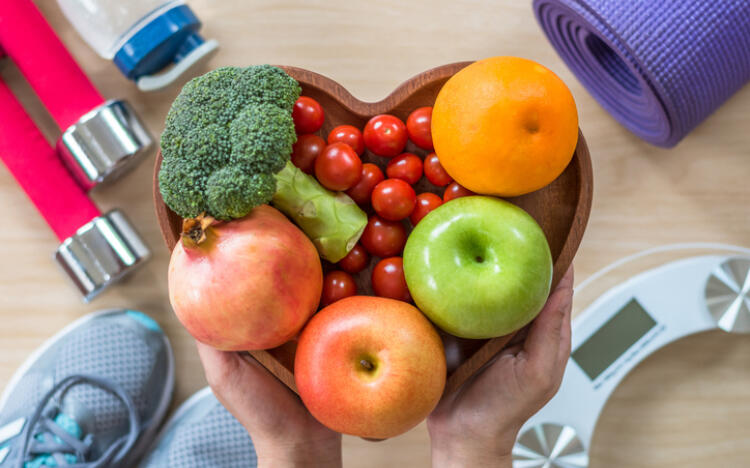A healthy body weight and regular physical activity are important for everyone. Body mass index (BMI) is a measure of how healthy your weight is. Your BMI is calculated using your height and your weight:
BMI = weight (kg) divided by height squared (m2)
For example: the BMI of someone who is 175 cm tall (i.e. 1.75 m) who weighs 100 kg is worked out as follows:
BMI = 100 [weight in kg]/1.75 x 1.75 [height in m2] = 100/3.06
BMI = 32.6
BMI categories for people of European descent:
- Underweight: lower than 18.5
- Healthy: 18.5–24.9
- Overweight: 25–29.9
- Obese: 30 or higher
Different criteria apply to other ethnic groups; for example, Aboriginal people and Torres Strait Islanders. This is because of different genetic, physical and lifestyle factors. Aboriginal Australians (but not necessarily Torres Strait Islanders) may have lower BMI cut-off values.
For more information, and to calculate your BMI, see the BMI calculator available the Heart Foundation.
An approximate way to work out a healthy weight for your height is to subtract 100 from your height measured in centimetres (cm):
Height in cm – 100 = healthy weight in kg
For example, for someone 175 cm tall:
175 [height in cm] – 100 = 75 [healthy weight in kg].
Waist circumference (measured in cm) can also be used as an approximate measure of a healthy weight.
Men:
- Healthy: less than 94 cm
- Overweight: 94–101.9 cm
- Obese: 102 cm and above
Women:
- Healthy: less than 80 cm
- Overweight: 80–87.9 cm
- Obese: 88 cm and above
Find out more about healthy weight and BMI
